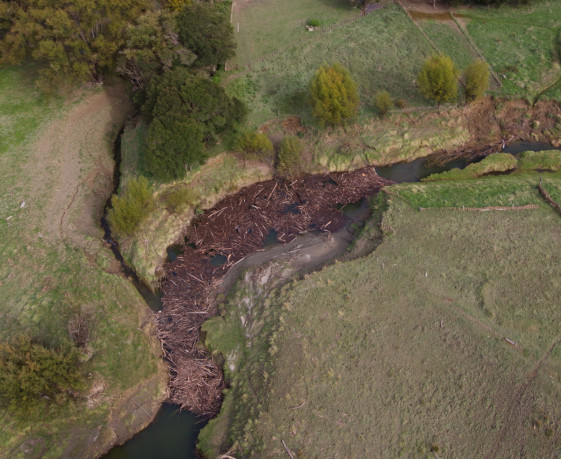Best practices for reducing forest harvest residues
Best practices for reducing harvest residues and mitigating mobilisation of harvest residues in steepland plantation forestry
The Gisborne Region is characterised by steep, erodible landscapes of which large areas are planted in production forestry.
Forestry harvesting practices can result in large volumes of slash/harvest residue which has the potential to be mobilised into waterways during high rainfall events, often resulting in significant damage to downstream land, infrastructure, amenity values as well as impact on instream biodiversity and water quality.
Principal Scientist for Gisborne District Council Dr Murry Cave led the investigation of the impacts of Cyclone Cook on slash mobilisation in 2017 in the Gisborne Region. Dr Cave explains “the investigation concluded that some forestry harvesting operations were not following best practice and we also found the Council’s consent process were too prescriptive and difficult to implement. It became clear we needed to focus on what outcomes we were after for each harvest site and what we might need to do to achieve these”.

“To help us do this, we needed some further expertise to help us drill down into what the issues were and how we might go about addressing them” he says. “The Envirolink funding enabled us to engage an independent, expert forestry engineer who has helped inform Council, the forestry industry and the community on how we might move forward in addressing these issues. As a result, we’re now seeing a paradigm shift with some of the forestry companies towards better management. Our access to technical expertise has helped us achieve this and more importantly has proved valuable in enabling us to build an ongoing relationship with external providers to help inform future forestry management in our region”.
Gisborne region is not the only area which experiences these issues. This work could assist in informing other councils on issues and options for forestry harvest management in steep, erodible catchments.
Last modified: